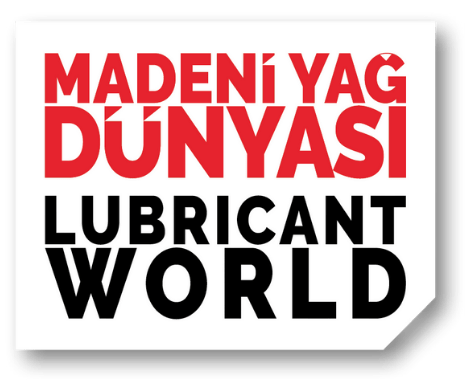The waste oil management hierarchy starts with the goal of producing zero waste. For this reason, the industry works for oils that maintain their quality well in the long run. While innovative studies continue for the chemistry of base oils and additives, waste oil is rapidly gaining ground as a circular economy input. Longer useful life of the oil brings an advantage to the stage of minimizing waste production. It is not possible to reuse the waste oil as a lubricating oil. It needs to be processed. Recycling is the most important and priority stage in the hierarchy, and if recycling is not possible, waste oil management proceeds with energy recovery or disposal. Waste oil recycling is essential for a resource efficient sector with a low carbon footprint. The sector has gained strength with the renewed legislation for our recycling success. With the “Regulation on the Amendment of the Waste Oil Management Regulation” dated 23 December 2020, refining facilities were included in the list of authorized organizations for the collection and transportation of waste oil. That was perfect. Because regular collection of waste oils is critical for the sustainable raw material supply chain management of refineries. As is known, in Turkey the only authorized institution for the collection of waste motor oil was the Petroleum Industry Association (PETDER) Commercial Enterprise. PETDER collected 19,469 tons of waste motor oil in 2020, 62 percent of which came from vehicle services and 14 percent from industrial vehicle park.
The regulation enforces lubricant producers to “collect 10 percent of the lubricant that they put on the market in 2021, 15 percent in 2022, 20 percent in 2023 25 percent in 2024, and in the amount to be determined by the Ministry for the following years”. With this obligation, responsibility of producers in waste management is made clear. That was perfect. Besides, the provision “In lubricant production, it is mandatory to use 8 percent base oil produced from waste oil in 2022, 12 percent in 2023, 15 percent in 2024 and at the rates to be determined by the Ministry for the following years. Imported base oils shall not be included in the mandatory usage rates specified in this paragraph” was added. That was perfect. In this way, the refineries’ supply of recycled base oils to the sector is supported.
Acıöz, Engin, Golteks and Koza companies, which have an environmental license of “Waste Oil Recovery” within the framework of the previous legislation, have undergone the production qualification audit conducted by the Ministry of the Environment and Urbanization and TUBITAK Marmara Research Center Institute of Chemical Technology in order to obtain an environmental license on “Waste Oil Refining” under the new legislation. TAYRAŞ Upcycling Refinery, which will start its trial production in April 2021, will be audited in April. With a “there is safety in numbers” approach, these organizations conduct collective work on waste oil. That was perfect. Now, last but not least, we are watching and waiting for the success of waste oil collectors and processors in order to be able to say “this is perfect”. Wishing all the best to them. May it be perfect.




